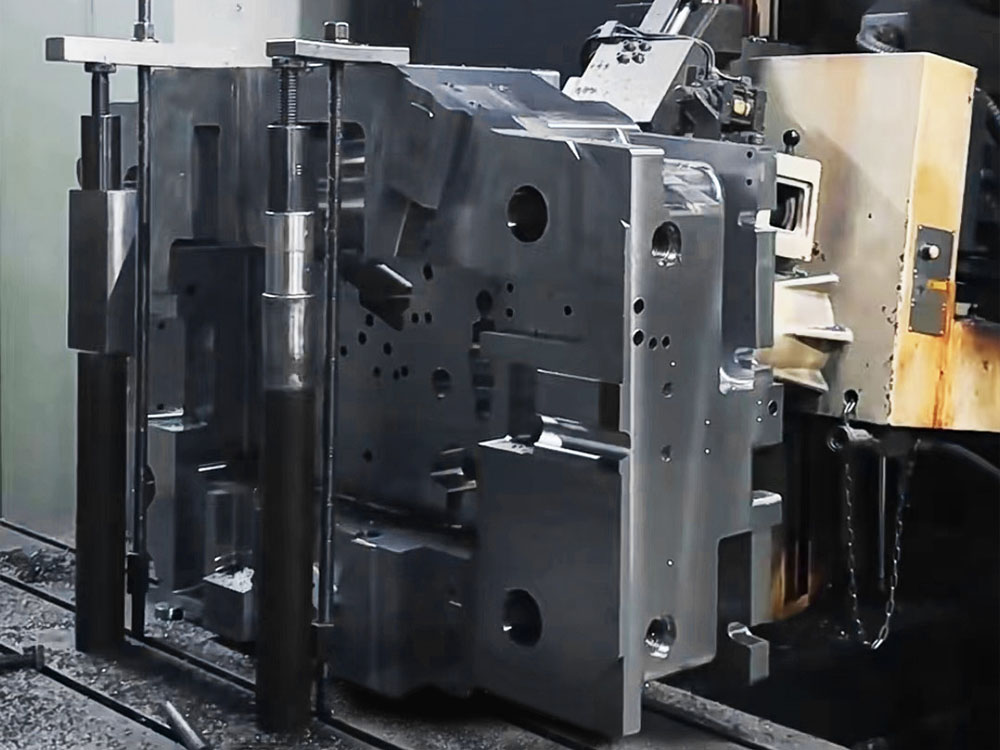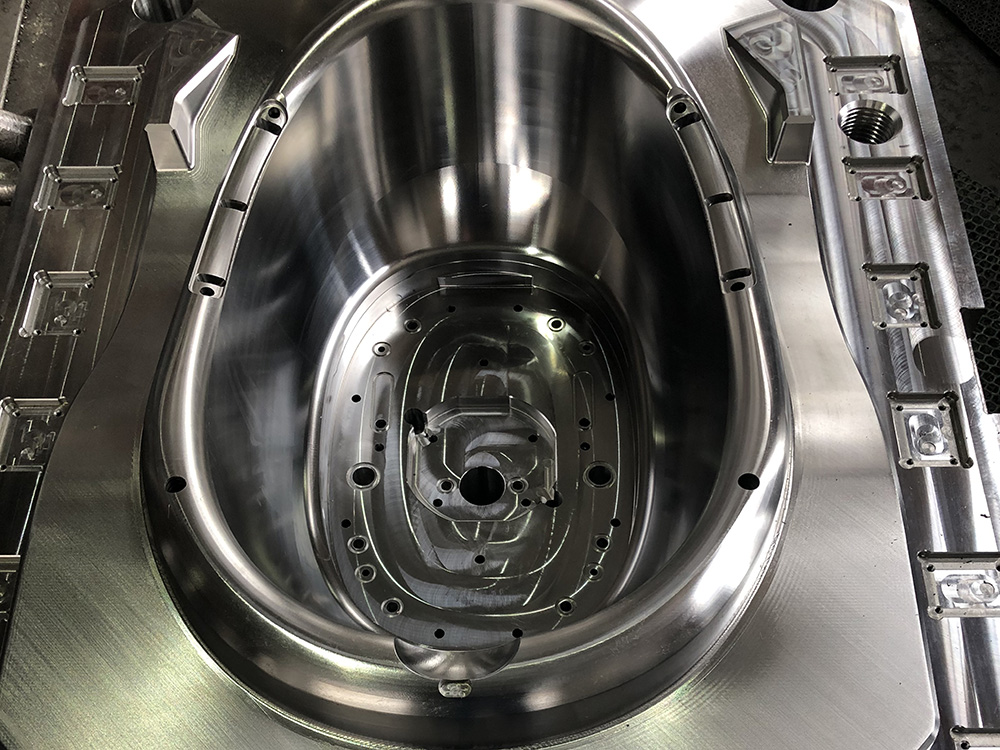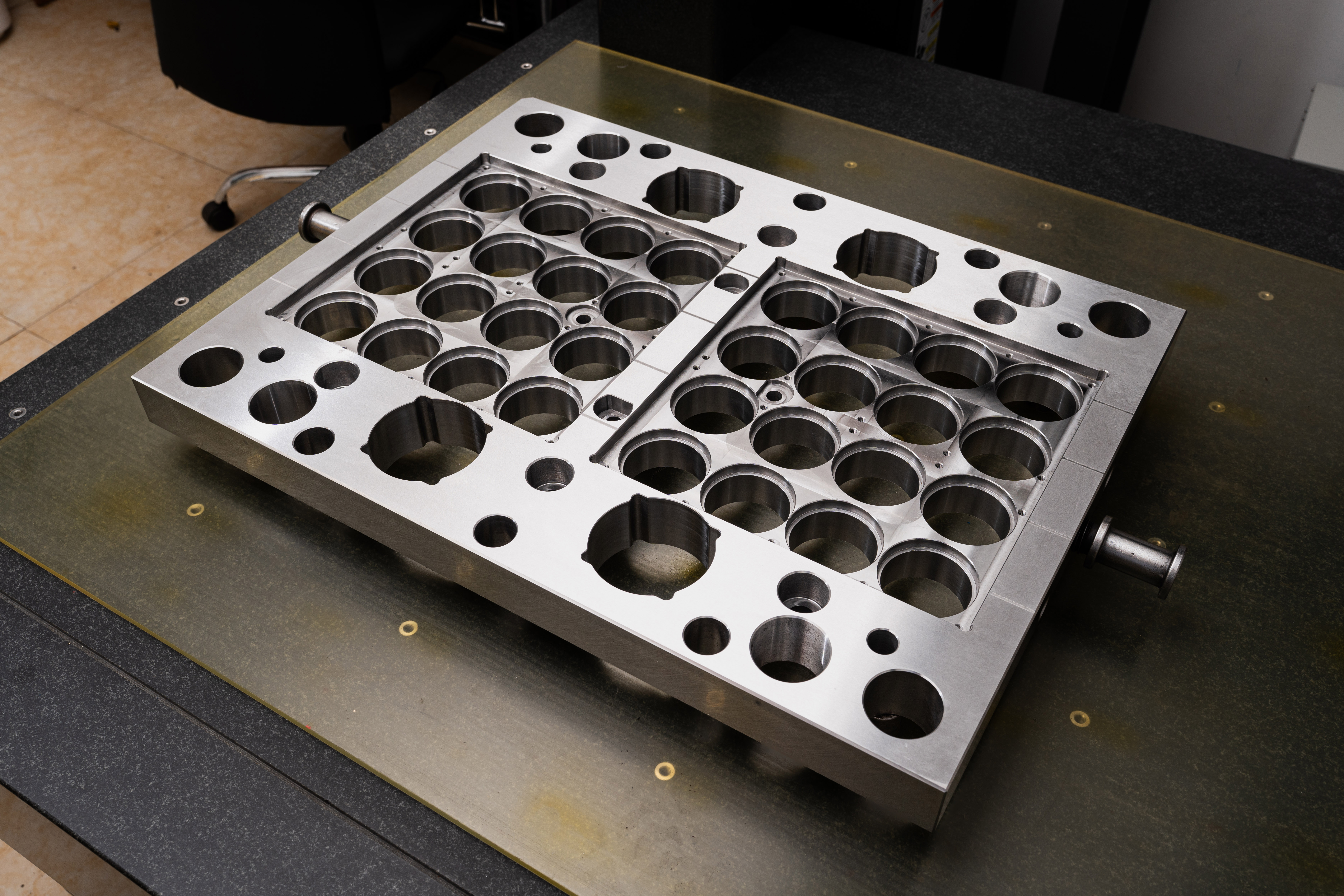Writing a Design Proposal for Customized and Processed Structural Models in the Mold Base Industry
In the mold base industry, creating customized and processed structural models is a crucial aspect of the design process. A well-written design proposal plays a vital role in conveying the intended project scope, objectives, and proposed solutions to potential clients or stakeholders.
1. Executive Summary
The executive summary is a concise overview of the design proposal, highlighting the key points, objectives, and expected outcomes of the project.
2. Introduction
This section should provide a background of the mold base industry and its importance in manufacturing processes. It should also introduce the aim of the design proposal, which is to create customized and processed structural models.
3. Project Scope
Clearly define the scope of the project, including the specific types of structural models that will be customized and processed. This can include examples such as injection molds, blow molds, or thermoforming molds.
4. Objectives
Present the objectives of the project, focusing on the desired outcomes and improvements that the customized and processed structural models aim to achieve. This can include aspects like enhanced product quality, reduced cycle time, or increased production efficiency.
5. Methodology
Describe the approach and methodology that will be followed to accomplish the project objectives. This can include steps such as analyzing the existing structural models, identifying areas for customization and processing, and implementing design modifications accordingly.
6. Proposed Solutions
In this section, outline the proposed solutions and strategies to achieve the desired customization and processing of the structural models. This can include leveraging advanced software tools for modeling and simulation, utilizing machining techniques for accurate mold manufacturing, or implementing additive manufacturing methods for complex structures.
7. Timeline and Deliverables
Provide a clear timeline for the project, including key milestones and deliverables at each stage. This allows the client or stakeholders to have a comprehensive understanding of the project's progress and expected completion date.
8. Budget and Resources
Outline the estimated budget and required resources for the design project. This includes costs associated with software, equipment, materials, and any additional expertise required for customization and processing of the structural models.
9. Project Team and Expertise
Introduce the project team members and their expertise in the mold base industry. Highlight their relevant experience and skills, emphasizing their ability to successfully execute the project.
10. Conclusion
Summarize the key points discussed in the design proposal, emphasizing the benefits and value that the customized and processed structural models will bring to the clients or stakeholders.
In conclusion, writing a design proposal for customized and processed structural models in the mold base industry requires a clear and organized approach. By following the outlined structure and providing relevant information, this proposal serves as an effective tool to articulate the project objectives, solutions, timeline, and budget to potential clients or stakeholders.




